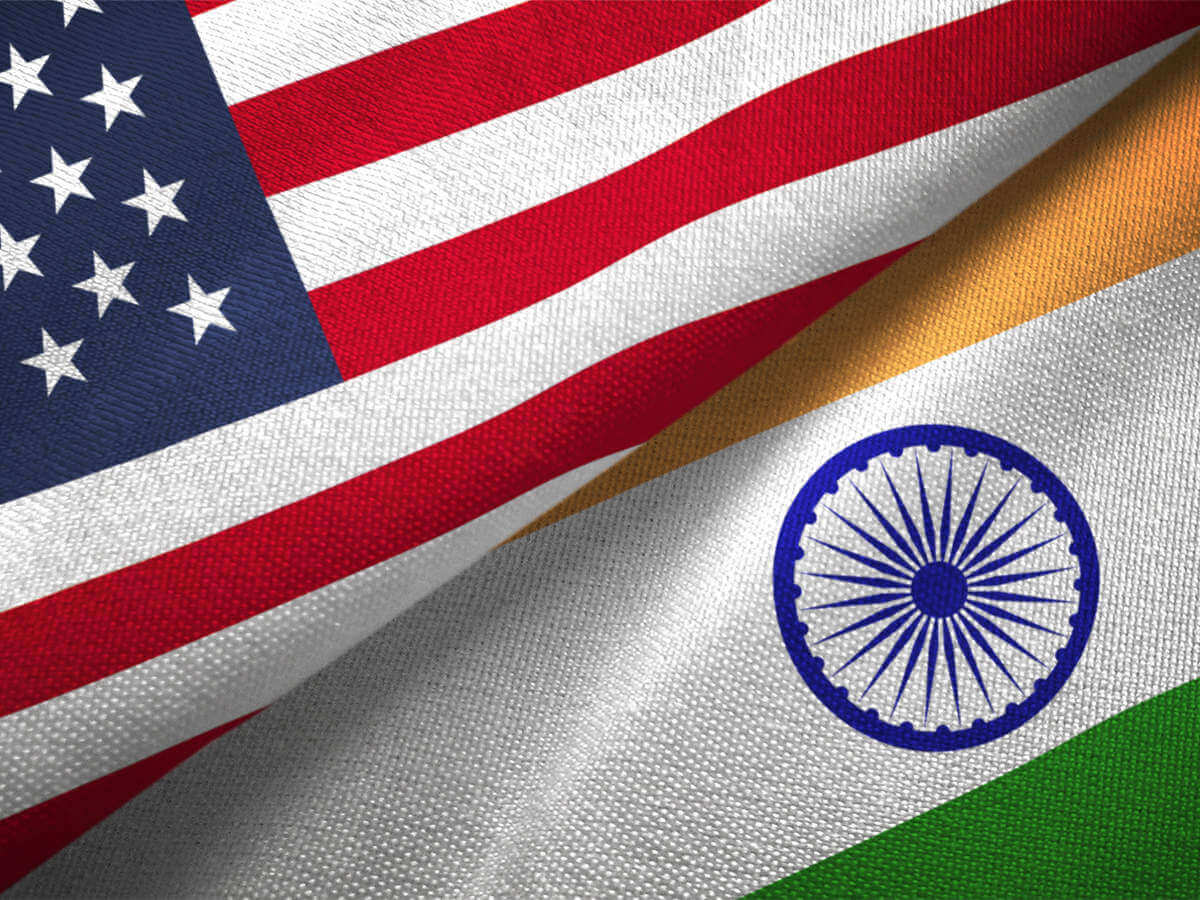India will be launching a counter-media offensive against “agenda driven” and “neo-colonial” global rating agencies that have given New Delhi lower rankings on topics of governance and press freedom, said Sanjeev Sanyal, a key economic advisor to Indian PM Narendra Modi, in an exclusive conversation with Reuters.
Sanyal labelled the rating agencies as a "tiny group of think-tanks in the North Atlantic," working for three or four international funding groups and their “a real-world agenda.” India intends to raise this issue in the international fora, he added.
The Indian government considers the rating given by global rating agencies to have a “clear direct impact on trade, investment, and other activities,” Sanyal claimed. He insisted that it is more than an attempt to build a faulty narrative.
The immediate provocation comes after India was ranked below Afghanistan and Pakistan in the World Press Freedom Index of Reporters Without Borders. Before that V-Dem Institute ranked India below Pakistan and Bhutan in an academic freedom index.
Sanyal pointed out that the Indian government has brought to the notice of the world the methodological failures of rating agencies to international multilateral institutions such as the World Bank, the United Nations Development Program (UNDP), and the World Economic Forum (WEF).
The Indian government appeared critical of the World Bank for taking the global indices at face value and giving it credibility by adding them to the World Governance Index. Sanyal argued that the rating agencies have received false prestige as these rankings are also incorporated into global decision-making processes due to their inclusion into sovereign ratings and environmental, social, and governance (ESG) norms. Further, these norms are used by multilateral development banks as a metric to give subsidised loans.
He suggested that in developing these ESG norms and compliance, developing countries are left out. The reports suggest that Indian government officials have held a series of meetings in the year to address the issue.
Earlier this month, MEA spokesperson Arindam Bagchi attacked the US Report on violations of religious freedoms in India as “biased.” The USCIRF report has called India a “country of particular concern” for engaging in or tolerating “particularly severe violations of religious freedom.” The Indian government has labelled the annual report as a misrepresentation of facts.
In the course of the interview, Sanyal refused to comment on whether India had brought the issue to the notice of the G20 group of nations. Currently, India is leading the group, which has a sizable chunk of developing nations.
Global ratings remain a critical issue domestically as well. Indian Solicitor-General, Tushar Mehta said the ranking “depends on who is giving the rating. I can have my own forum and give India the first rating.."
In another instance, during the Adani -Hindenburg saga, the consultation paper of SEBI pointed out that ESG rating agencies cannot be bystanders in case of controversy. It should not only provide the data but give commentary and observation.
The impact of global ratings could be seen from the fact that Fitch, S&P, and Moody's have given the “lowest investment grade with stable outlook “to India. However, the Indian government continues to push for higher sovereign ratings based on higher microeconomic fundamentals despite a weak global economy.
India to Launch Counter Offensive Against “Neo-Colonial” Global Rating Agencies
India has accused agencies like Reporters Without Borders and V-Dem of intentionally giving low rankings and misrepresenting facts.
May 30, 2023

IMAGE SOURCE: GETTY IMAGES.
